Methods and tips to help with debt repayment
You can choose the Snowball, the Debt Avalanche, the Cash Flow, or the Credit Score method. Which one you choose depends on your financial goal and your mindset. Only you can decide which method works best for you, but any of them will get you debt-free eventually.
- SNOWBALL METHOD: You focus on paying off the smallest balance first while paying the minimum to all other debts. You can go to www.ramseysolutions.com/debt/debt-calculator to see your Debt-Free date.
- Pro: You may feel more motivated and are more likely to stick to paying off debts when you see positive results.
- Con: It may take you longer if you are not paying the debt with the highest interest rate first.
- DEBT AVALANCHE METHOD: You focus on paying off the highest interest rate balance first while paying minimum to all other debts. You can go to www.powerpay.org to see how quickly you can be debt-free and how much you will save.
- Pro: You will pay off your debt more quickly since more of your payment will go toward the balances each month rather than the interest.
- Con: If your highest rate is also your highest balance, it may seem as though you will never be debt-free.
- CASH FLOW METHOD: You focus on paying the lowest balance with the highest payment.
- Pro: If you are struggling financially, paying off $1,000 remainder of your car loan that has a $300 monthly payment will help you more than paying off $1,000 credit card balance with a $25 monthly payment.
- Con: You may pay more interest over time by paying low-interest rate loans first.
- CREDIT SCORE METHOD: You focus on paying the credit card balance that is closest to 30% of that card’s limit.
- Pro: Every balance that is less than 30% of the card’s limit will increase your score by 15-20 points.
- Con: You may pay more interest over time by paying lower-interest rate credit cards first.
- DEBT CONSOLIDATION METHOD: Combine your debt into a home equity loan or line of credit. Visit our Home Equity page to learn more.
- Pro: Home equity loans often have lower interest rates than other types of debts and you could enjoy simplifying things with a single monthly payment. Also, a longer repayment period could allow you to lower your monthly payment.
- Con: You must meet the qualification requirements and there are limits to how much of your home's equity you can borrow.
Whatever you choose, make sure that you are also putting money into savings for occasional expenses such as auto repairs, furniture, electronics, medical bills, gifts, and fun. If you put every penny toward your debt and then your car breaks down, the only way that you can pay for it is with a credit card. The number one rule to getting out of debt is to stop using the cards. You will never be debt-free if you don’t save for those occasional expenses. You have to save!
If you would like to talk with a Cal Coast Financial Fitness Coach to set up your own Debt Repayment plan, please email financialfitness@calcoastcu.org or call 858-636-1630.



